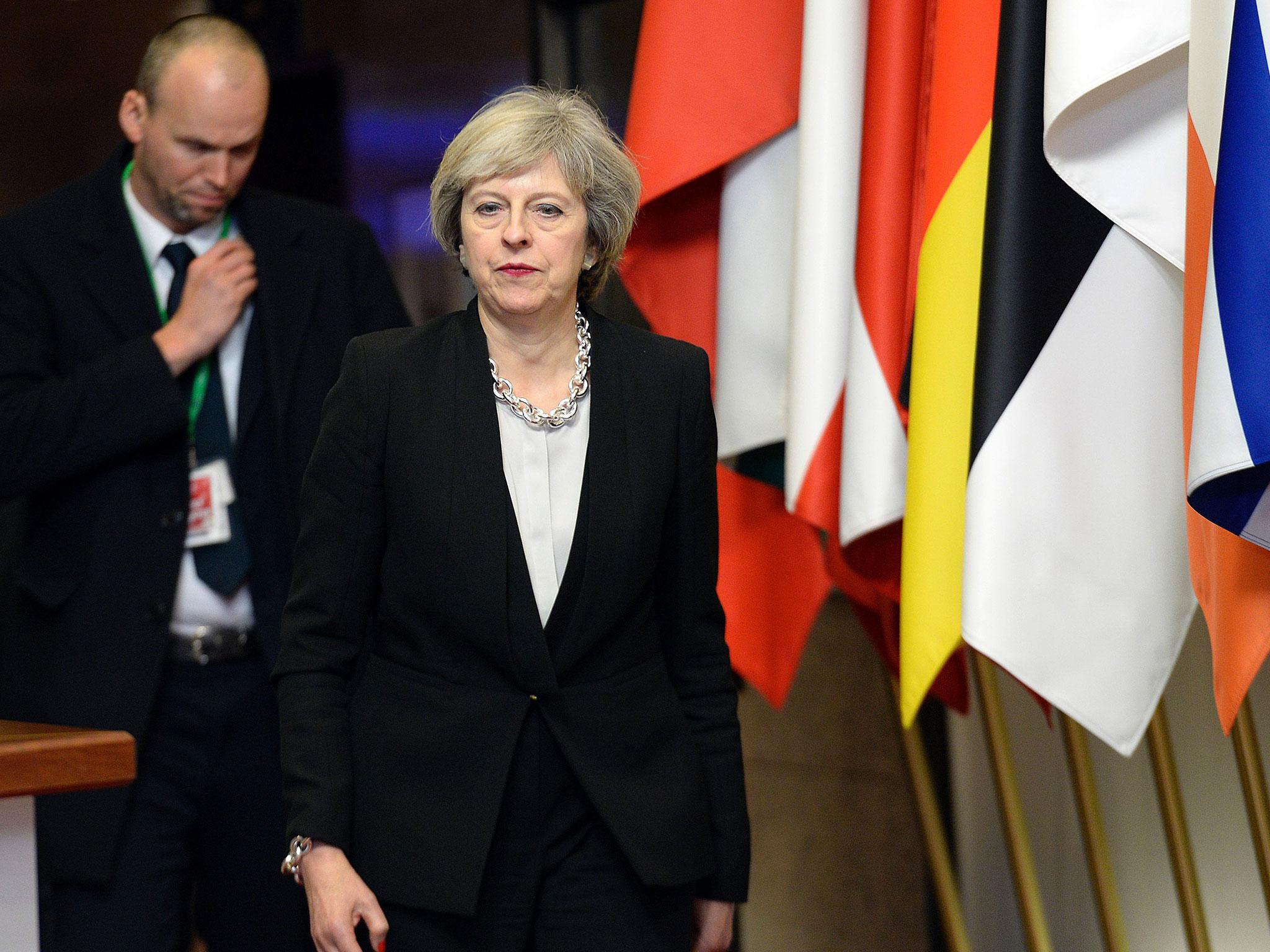Brexit has unified the EU more than any issue in its history, EU president warns Theresa May
Downing Street suffered another setback yesterday when Sir Ivan Rogers, Britain’s ambassador to the EU, suddenly resigned

Theresa May has been warned that the European Union is more unified in its stance on Brexit than on any other issue in the bloc’s history.
Maltese Prime Minister Joseph Muscat, the new holder of the EU presidency, made the statement after holding meetings with the leaders of the other member states.
He said the EU 27 – which excludes the UK – were united in their approach to Brexit negotiations which will begin if the British Government sticks to its pledge to trigger Article 50 by the end of March.
Speaking at a diplomatic conference in Slovenia, he said: “I spoke and visited basically all other 26 (EU) member states and there’s a ... convergence on the attitude towards Brexit.
“I have never seen such a convergence within the European family.”

His comments will come as a blow to Brexit negotiators in the UK who had hoped to secure a better deal with Brussels by relying on disunity among the remaining EU members.
Mrs May delayed triggering Article 50 – the legal mechanism for leaving the EU – to allow her team to formalise its plans for an “orderly departure”.
But the nine-month hiatus between the June 23 vote and March has also given EU leaders time to draw up their own plan.
Previous reports suggested the EU's remaining member states were split on whether to push for a hard or soft Brexit.
Countries such as Poland, Estonia and Latvia are said to be focused on ensuring the rights of their citizens to work in the UK are protected.
Others are expected to want to punish the UK with a tough deal to discourage other members from leaving the union.
Mr Muscat’s comments came as Downing Street suffered another setback when Sir Ivan Rogers, Britain’s ambassador to the EU, suddenly resigned.
The senior diplomat was expected to stay in his post until at least the end of the year but quit dramatically yesterday saying Mrs May's government has been hindered by "ill-founded arguments" and "muddled thinking".
His departure leaves the UK without one of its most experienced EU negotiators.
Asked about Sir Ivan’s resignation, Mr Muscat said: “That's a totally national issue for them .... We stick to the point that there should be no negotiation without notification."
He went on to talk about other pressing issues facing the EU, including tackling the migration crisis.
“We are keen and want to put forward proposals on the securing of maritime borders … that is why we believe that a replication of any deal which is similar to the Turkish deal in the central Mediterranean is very important in the next few months before there is a larger crisis,” he said.
Join our commenting forum
Join thought-provoking conversations, follow other Independent readers and see their replies
Comments
Bookmark popover
Removed from bookmarks